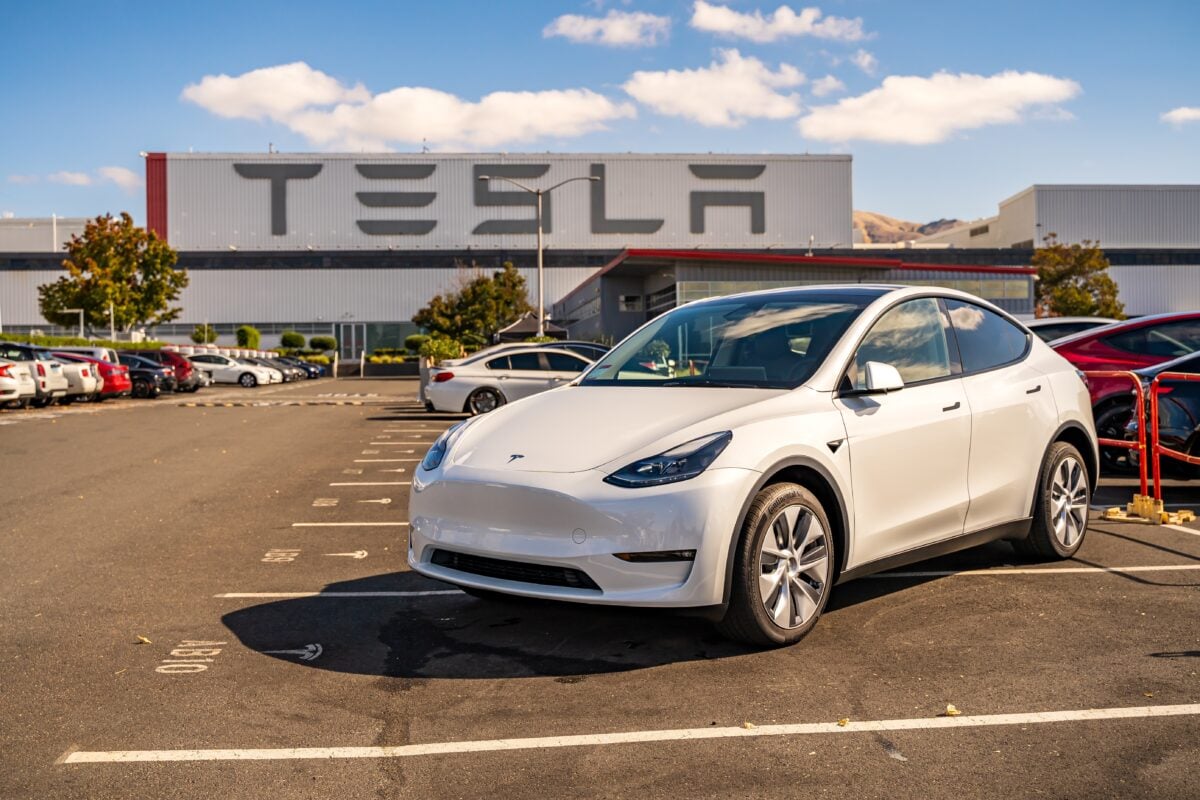TLDRs:
Contents
- Tesla leads China’s highway assisted driving test, beating 36 competitors including Xiaomi and Huawei-backed EVs.
- Tesla’s Model 3 and X passed 5 of 6 scenarios; Xiaomi’s SU7 cleared only one.
- Huawei-backed Aito M9 and BYD’s Denza Z9GT struggled in high-risk ADAS trials.
- Tesla achieved results without using local data, highlighting its global tech edge.
Tesla has once again pulled ahead of its Chinese competitors, this time in a rigorous national evaluation of highway driving assist systems.
The test, conducted jointly by Dcar and CCTV, scrutinized Level 2 Advanced Driver Assistance Systems (ADAS) from over 20 brands, including Tesla, BYD, Xiaomi, and Huawei-backed Aito.
The American EV giant’s Model 3 and Model X passed five out of six complex driving scenarios, outperforming 36 other electric and hybrid vehicles. In contrast, Xiaomi’s new SU7 sedan managed to pass only one test, while the Aito M9 and BYD’s Denza Z9GT failed three each.
Chinese EV Giants Stumble in Critical Driving Trials
The tests focused on real-world highway challenges, like obstacle avoidance, lane merging, and handling sudden decelerations, that put each car’s ADAS to the test.
Tesla emerged as the standout performer, despite being restricted from using Chinese driving data due to U.S. regulations.
In a post on X, CEO Elon Musk emphasized this achievement, saying Tesla’s performance “proves the strength of our core neural net and vision stack,” even without access to local datasets.
Xiaomi, Huawei, and BYD have invested heavily in branding their vehicles as “smart” and “autonomous.” However, following a fatal crash involving Xiaomi’s SU7 in March, Chinese regulators have tightened rules around such claims. Terms like “autonomous driving” are now banned in marketing materials, placing more pressure on domestic players to prove their technology with real-world results.
Tesla Ramps Up China Strategy With New Model Y Variant
The test results come as Tesla prepares to expand its offerings in China. The company recently announced a six-seat version of its best-selling Model Y, dubbed the Model Y L, which will launch this autumn.
The larger variant, measuring nearly five meters with a 3.04-meter wheelbase, is designed to appeal to families and compete in the increasingly crowded premium EV segment.
Tesla’s Shanghai Gigafactory, responsible for over 40% of its global output, is expected to play a pivotal role in manufacturing this new variant. The base Model Y currently starts at ¥263,500 (about $36,700), but pricing for the Model Y L remains undisclosed.
That said, while Xiaomi and Huawei continue pouring resources into ADAS development, Tesla’s dominant performance could reshape consumer confidence in foreign EVs amid tightening scrutiny. As competition in the Chinese EV space intensifies, real-world testing, will determine which brands win long-term consumer trust. Tesla just set the bar.


